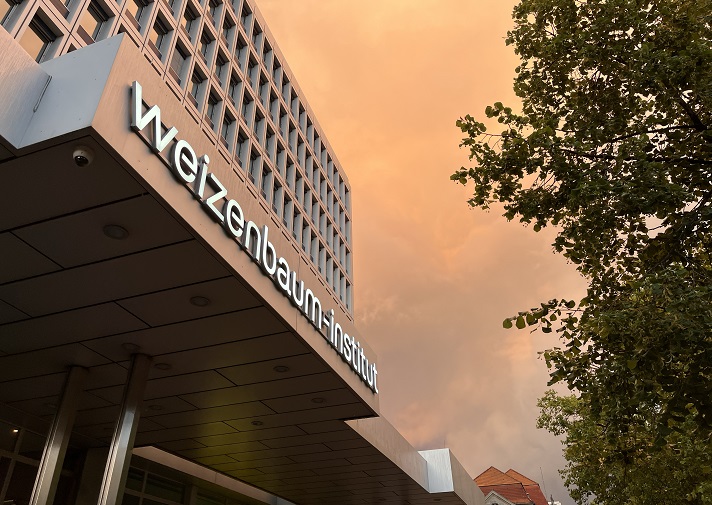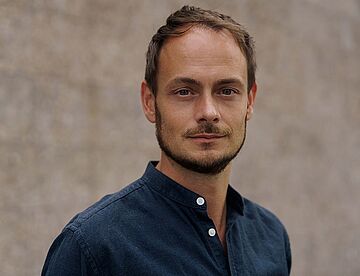
International Workshop on the Future of Democracy
07/12/2024In 2024, with almost half of the world's population called to political elections, the question arises more strongly: Where is democracy heading? To address this question, the Weizenbaum Institute organized an international workshop titled “Understanding Democracy and Illiberal Communication”.

Illiberal democracies are political systems in which elections take place, but civil rights and freedoms are restricted. In recent years, there have been numerous examples in Europe and worldwide where formerly liberal democracies have restricted civil rights and the rule of law after elections to maintain the power of elected actors.
Under the title “Understanding Democracy and Illiberal Communication”, researchers from various disciplines and countries met to discuss how to assess the state of democracy in countries such as Hungary, Poland, the Czech Republic, as well as France, the USA, and Germany. The focus was particularly on how disinformation, the polarization of societies through social media, and alternative news formats contribute to the disempowerment of constitutional institutions and the restriction of the rule of law.
The communication of political actors not only serves as an indicator of illiberal tendencies but is often deliberately used to influence the public in such a way that restrictions on freedoms appear as political progress or as the only alternative.
The workshop was organized by Lance Bennett (University of Washington, USA, and former fellow at the Weizenbaum Institute) as well as Christoph Neuberger and Jakob Ohme (both from the Weizenbaum Institute).
This report is part of a special focus "Solidarity in the Networked Society." Scientists from the Weizenbaum Institute provide insights into their research on various aspects of digital democracy and digital participation through interviews, reports, and dossiers.
